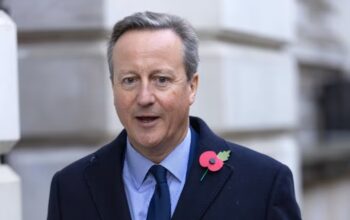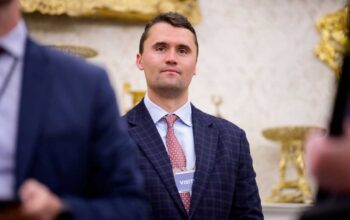Could a controversial French action plan to tackle “parallel societies” within the Muslim community resonate in neighbouring Switzerland?
In a speech delivered earlier this month from Les Mureaux, a sprawling suburb northwest of Paris plagued by social and economic problems, French President Emmanuel Macron unveiled a broad outline of measures to address “Islamic separatism” and “free Islam in France from foreign influences” which he said would be drawn up into a law to be presented to parliament in December.
Macron’s vision is based on the conviction that France’s problems with its citizens of immigrant origin – who mainly came from former French colonies in northern and sub-Saharan Africa – are caused by their misinterpretations of Islam. According to Macron, “Islam is in crisis all over the world today” and the solution to France’s problems lies in the creation of a “French Islam that can coexist peacefully with the values of the Republic”.
His proposed measures have sparked criticism from observers, researchers and governments across the Islamic world. Turkey, for example, called it a “provocative plan, and a populist insult to Muslims, that was covering up for France’s failure to integrate its immigrants”.
However, the dramatic beheading of a French middle-school history teacher on October 16, which the police are treating as an act of terrorism (see infobox below), has added all the more urgency to Macron’s agenda.
Geneva-based researcher Redha Benkirane, who has studied contemporary Islam and inter-religious dialogue in both France and Switzerland, says Macron’s vision goes against a cornerstone of French society: the separation between religion and state.
“The irony is that while Macron is leading the defence of secularism in France, his proposals are actually reinforcing state intervention to shape the religious convictions of its citizens,” says the Swiss researcher.
Switzerland, which shares both a border and a language with France, does not have secularism written into its national laws; instead, governing the relationship between religion and society is left to its 26 cantons under its federalist system. swissinfo.ch spoke to Mallory Schneuwly Purdie, senior researcher at the Swiss Centre for Islam and Society, for perspective on what sets the countries apart when it comes to the integration of religion in everyday life, and whether Islam is also “in crisis”, as Macron put it, in the Alpine state.









